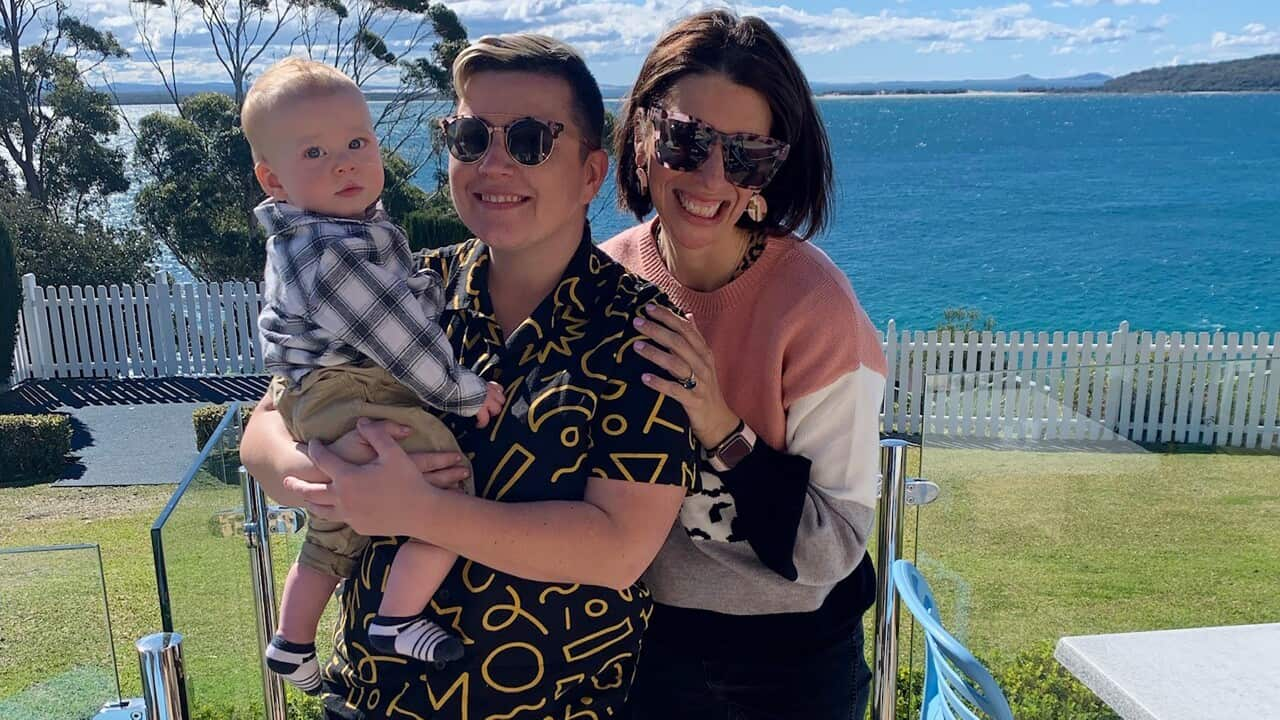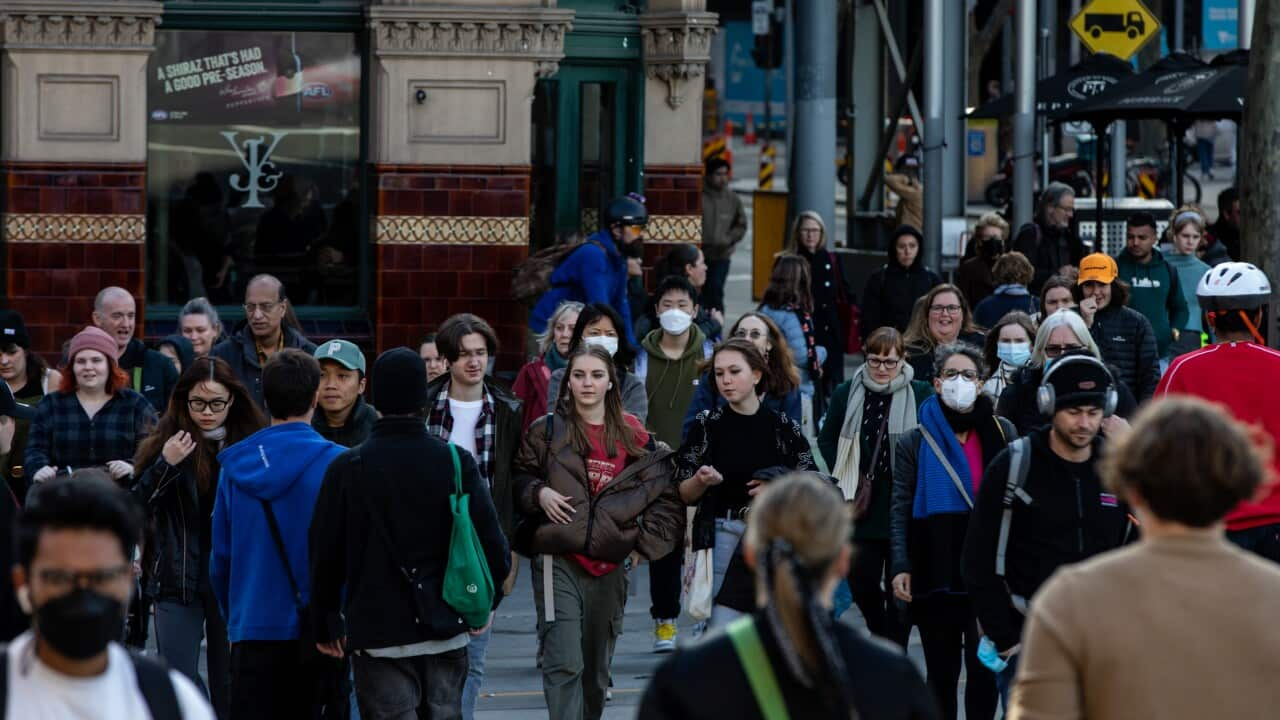Key Points
- The ABS has resolved a complaint over a lack of questions about gender and sexual identity in the 2021 Census.
- The co-complainants alleged the ABS unlawfully discriminated against LGBTIQ+ people.
- The ABS expressed regret and said it would establish an LGBTIQ+ expert advisory committee for the 2026 Census
The Australian Bureau of Statistics (ABS) has issued a statement of regret for causing hurt to members of the LGBTIQ+ community in the 2021 Census, as it resolved a complaint brought by Equality Australia and April Long.
The apology has been praised by the Australian Human Rights Commission (AHRC), which called it a "fantastic result."
The co-complainants alleged the then Assistant Treasurer (Michael Sukkar) and the ABS unlawfully discriminated against April, their family, and other LGBTIQ+ people by failing to properly count LGBTIQ+ people in the 2021 Census.
Last week, the complaint was privately conciliated between the co-complainants and the ABS, Equality Australia said. The conciliation process was facilitated by the AHRC.
AHRC president Rosalind Croucher said, “Not only does it help ensure that every person in this country is rightfully seen and counted, but it also showcases how the Commission’s conciliation process can provide affordable access to justice and affect meaningful, systemic change."
“These are not just individual outcomes, but positive resolutions that benefit our whole society.
“Let us hope this powerful example of empathetic listening helps set a standard and encourages other people to appreciate the value of constructive conciliation to help resolve human rights issues.”
The ABS recognised the exclusion of questions on gender identity, variations of sex characteristics or sexual orientation.
This omission, and the framing of questions, left some LGBTIQ+ people feeling "invisible and demeaned," it said.
"The ABS recognises the importance of these issues and regrets any distress experienced by members of the LGBTIQ+ community when responding to the 2021 Census and earlier Censuses," the bureau said in a statement.
Equality Australia, which works to protect the rights of LGBTIQ+ people, welcomed the statement of regret from the ABS.
“We hope this result will build the case for the Albanese government and the ABS to right the wrongs of the past and ensure that LGBTIQ+ people in Australia are properly counted in 2026,” said Equality Australia’s legal director Ghassan Kassisieh.
“Some of us are couples but we are not just couples. Some of us are parents but we’re not all mothers and fathers. Not all of us have a straightforward relationship with the sex ascribed to us at birth,” Kassisieh said.
He said the federal government had an opportunity to gather crucial information about the kinds of services all communities needed, and could reflect the real diversity of Australia in 2026.
In September 2022, the ABS admitted its questions relating to people identifying as non-binary in last year’s Census failed to capture meaningful data and vowed to do better at the next poll.
The ABS also said it was establishing an LGBTIQ+ expert advisory committee for the 2026 Census to provide guidance and input into the Census topic review and framing of Census questions, and the way that Census data was processed and disseminated.
The committee is expected to meet with the assistant minister for competition, charities and treasury, Andrew Leigh.
It will also make investments to ensure the LGBTIQ+ community participate fully in the 2026 census, through developing educational, promotional and support materials.
In July the ABS said it was considering adding questions on gender and sexual identity in the 2026 Census.
While the most recent Census was the first in Australia that allowed respondents to select something other than male or female as their sex by providing ‘non-binary’ as a third option, there were no questions about how people identify.
Gender and sexual orientation questions were both considered for inclusion in the 2021 Census, but the ABS found there were sensitivity and security issues with asking people to disclose this information.
Questions on variations of sex characteristics, which would indicate how many intersex people live in Australia, will also be considered.












